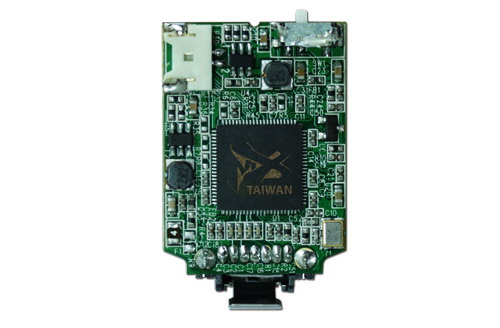CONCLUSION

After taking a quick look at our charts we're certain that it's easy for everyone to see why we decided to compare the DIY SATA DOM drive with two 2.5/3.5" HDDs and an SSD. Of course such comparison was hardly necessary since HDDs and SSDs are not fit for the same number of uses like a SATA DOM drive but we thought it would be nice for all of you to see just how fast it is compared to HDDs/SSDs. So although the DIY SATA DOM drive can't really keep up with a regular sized SSD it's obviously a lot faster compared to regular mechanical HDDs and so my guess is that it will not take long before we see SATA DOM drives with performance levels surpassing SATA II bandwidth. True for the majority of consumers SATA DOM drives may not be of much use but for people who have a compatible NAS and/or a small system and just want a few GBs for the OS or to store FW then these tiny devices will improve performance quite a bit.
SATA DOM drives are basically tiny SSDs but thanks to their very small capacities they don't really cost much. So the DIY SATA DOM 16GB (Vertical SLC) model used in our tests currently retails for around USD65 while the version equipped with the slower MLC NAND Flash retails for around USD40 (even this version is faster than a regular HDD and almost certainly faster than factory fitted SATA DOM drives). To most consumers this may seem a bit pricey especially for an 16GB drive but for enthusiasts and professionals who wish to have the best performance the DIY SATA DOM drive by Mach Xtreme with its small form factor and impressive read/write speeds (for its size) will be the ideal partner for their devices and since it proved worthy enough for us to use it in future reviews (especially NAS Server reviews) it's also worthy of our Golden Award.
 PROS
PROS
- Quality (Passed All Our Tests)
- Performance (Better Than Expected)
- Size
- Available Capacities (4/8/16/32/64GB)
- Vertical & Horizontal Models Available
- SLC & MLC Models Available
CONS
- Price (For Some)
- Current Availability

 O-Sense
O-Sense







.png)

